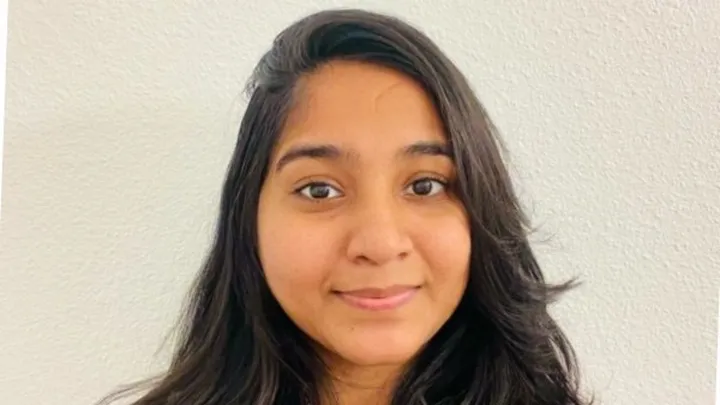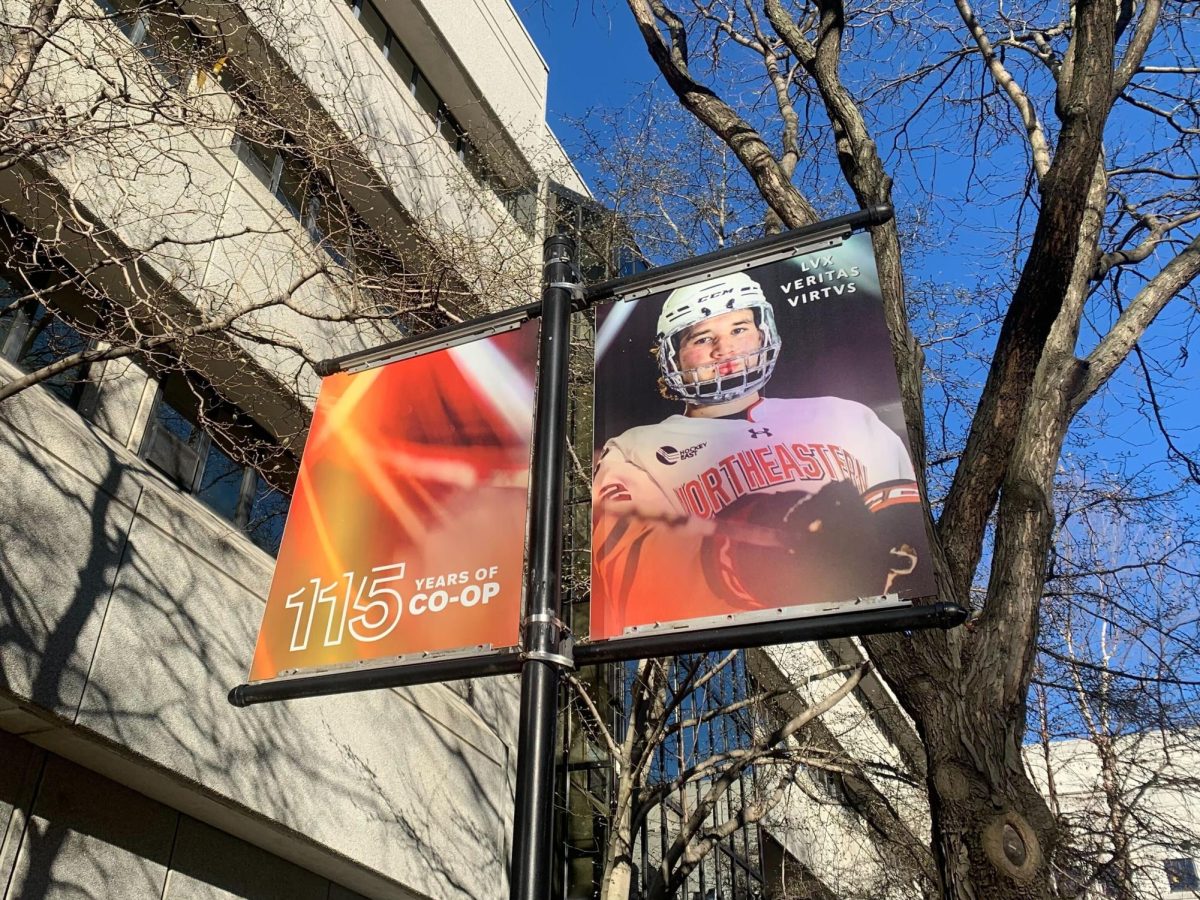By Amy Sullivan
Palestinian teen Amer Kamal found himself in Maine, face to face with an Israeli teen for the very first time.
“After 30 seconds, he and I were yelling, but at the same time, we found this connection between us,” Kamal said.
Kamal, who is currently a senior at the University of Southern Maine, grew up hating Israelis. Yet he was one of the Palestinian teens picked to attend the Seeds of Peace summer camp in Maine. The camp brings Israeli, Palestinian and other Arab teens together for an entire month.
“I never talked to an Israeli, even though I lived two blocks away,” Kamal said to the group that gathered Thursday night in Cargill Hall.
Kamal was one of the panelists who spoke during the first event in a new series sponsored by the Northeastern University School of Law. The series will address contemporary legal issues and how law relates to political and social issues. This first event was sponsored by the Jewish Law Students Association.
Each of the four panelists was a participant in the Seeds of Peace program, and addressed the audience after a showing of the video “Peace of Mind: Coexistence through the Eyes of Palestinian and Israeli Teens.”
The mere fact that the four panelists could sit next to each other, much less band together in a quest for peace, might baffle many, as the teens are exposed to the horrors of the conflict on a daily basis.
“Living in Jerusalem, when there are bombs going off just about every month, I have seen so many hard things. I have had friends who were killed and injured and I myself was very close to a bombing,” said Julia Resnitsky, a Jerusalem teen and a freshman at Brandeis. “When you ride the bus everyday, you feel scared everyday, and that is emotionally and physically exhausting.”
“Seeds of Peace” gave video cameras to three Palestinian teens, Kamal among them, and four Israeli teens, and asked them to document a year of their lives. “Peace of Mind” was the final product. The film has been shown all over the world, and even aired on NBC’s “Nightline.” The video gives viewers a brief history of the Palestinian/Israeli Conflict before following each of the seven teens in their struggle for peace.
At the conclusion of the video, the audience was introduced to the four panelists, who were invited to share their personal stories, their experiences with “Seeds of Peace,” and how the camp has forever changed their lives.
Rita Konaev, a native of Afula, Israel, and a freshman at Brandeis University, said in her first few days of camp, her view of Palestinians changed forever.
“I didn’t want to see any one of [the Palestinian teens] or talk to any one of them. I wanted to pretend they didn’t exist,” she said. “Suddenly it hit me. They die. They feel pain. It never hit me they were human.”
Tamer Shabaneh, a Dartmouth College freshman from Hebron, Palestine, attributed a lot of the prejudice to the lack of exposure between Israeli and Palestinian teens.
“We grow up in two different bubbles that never meet,” Shabaneh said.
Putting it more simply, Resnitsky said, “The only way we know Palestinians is as terrorists, and the only way Palestinians know us is as soldiers.”
Shabaneh said it was the personal contact and friendships that are built at “Seeds of Peace” that really have an effect on the views of the teens. “Even the most radical of any group would reconsider their position,” he said.
Resnitsky agreed. “I think what really works is the human interaction,” she said. “You realize you like the same things; it made me realize that these people on the other side of the line are just like my brothers and sisters and they just happen to live on the other side of the line.”
Along with their positive experiences of the camp, the panelists attempted to paint the picture of the conflict that engulfs much of their lives.
“I like to look at the conflict as two brothers in an abusive family,” Shabaneh said. “They were both victimized, and both oppressed. Each one of them sees the abusive attributes of their parents in the other, and that is where the prejudice comes from.”
Kamal said he listens to, respects and understands Israelis because it is necessary to achieve peace, even though it is often difficult considering the personal history he has with Israeli soldiers.
“I grew up with a lot of anger for Israelis. My uncle was killed by Israelis. I witnessed a massacre myself; I was 10 years old with people covered in blood all around me. And I was beaten by Israeli soldiers,” he said.
Kamal said that although it is difficult, he tells his story because “the American media doesn’t really show the Palestinian cause. I am here to represent Palestine. I went to the United Nations with all my friends. Every one of them was standing next to a flag — except for me. I was standing next to nothing. That’s what Palestinians need. We need a flag.” Shabaneh says it is important to him to discuss the conflict because, “on a personal level, it has a therapeutic effect. You feel better after you share your story.”
Resnitsky believes it is her purpose in life to spread her message.
“I do this because I don’t want to see my little brother or my 3-year-old niece going through what I am going through,” Resnitsky said. “You have a lot of power as American citizens. It is so important to be here and tell you these stories and maybe get you involved.”
Konaev echoed Retnitsky’s message. “It is wonderful to have these friendships, but what we can actually do to fix the world, to spread our message, I don’t know. But hopefully we inspire people.”








